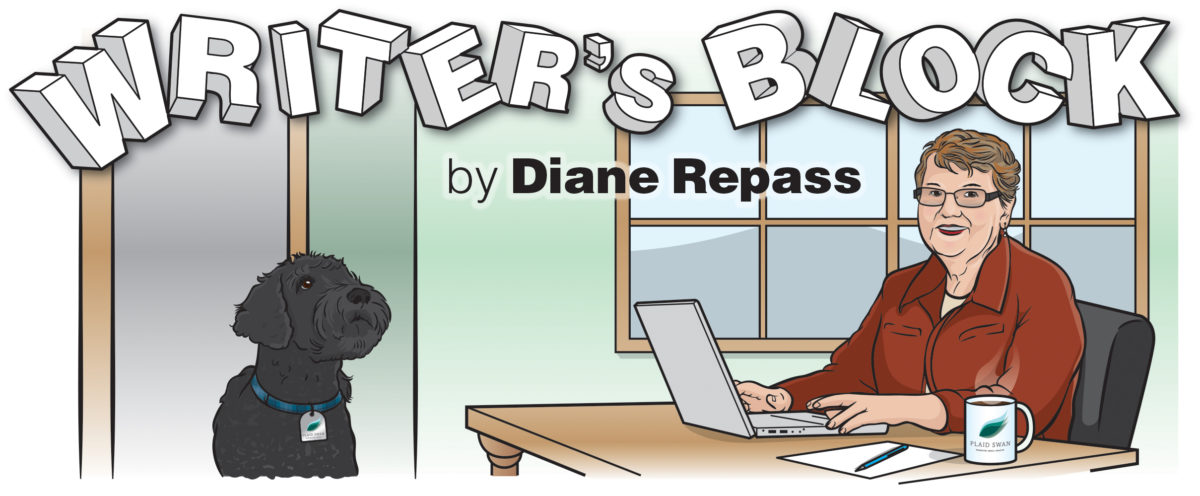Grammar Nazis and Language Evolution
I have a degree in English, but I break grammar rules. Not on purpose, but accidentally even though I know better (and use sentence fragments for effect). Horror of horrors, I have split an infinitive and ended a sentence with a preposition. I have to stop to think about whether I should say lay or lie, or who or whom. I hardly ever correct anyone except my husband, who reminds me that I have said that the goal is always communication. I am not a Grammar Nazi; however, I believe that Standard English has its purpose, and I also believe that language is constantly evolving so that grammar rules taught fifty or sixty years ago may not apply today.
We all speak some form of dialect. I grew up in Michigan and moved to Iowa to go to college and then stayed on for the next 50+ years. I pronounced the word coupon as “kyoo-pon” and thought that Iowans were all mispronouncing it as “koo-pon”. I used the word pop for a soft drink but thought it odd that some people used soda instead. Dialects represent regional, social and professional varieties of a language, and they should be accorded respect in that they are complex language systems with their own set of rules. On the other hand, Standard English (SE) is also a dialect, but it is the form of language that is taught in English classes and most often used by newscasters and journalists. It is often called a more formal usage of English. I cringe a little when it is defined as the language used by educated speakers and writers because it makes Standard English sound aloof and doesn’t do credit to the rich dialects we hear in the United States.
While I believe arguments can be made to support both Standard and Nonstandard English, I believe that there is much to support studying and using SE in more formal and business applications. Like it or not, many judge people by the way they speak. Just like dress standards, which have changed dramatically in my lifetime, or rules of etiquette, which have also evolved and changed, language use suggests level of education and knowledge. Most every language has a standard and many dialects. We all know hundreds of grammar rules for the dialect we speak, so it isn’t a leap to learn the rules of SE. Also, if there is a standard, it can be the common language that is more universally understood. Some countries have language academies or institutes for language planning (i.e. France and Malaysia) that prescribe what rules are to be followed and what changes are acceptable. American English does not have such an institute, but there are thousands of people who study the language and describe what the speakers know about it. Teaching what is known about the rules of the language can slow down the inevitable changes that language undergoes.
Grammar Nazis rebel when language changes. The rules are the rules and are never to be broken, but in truth language is ever changing. There are many rules I learned in school that are no longer used today.
- The rule for the use of shall vs. will has changed. It used to be that we said I/we shall, while will was only used with you, he, she, it, or they. Except in some legal documents, shall is hardly used anymore in American English.
- The past tense of dive is dived, but today dove is equally acceptable and probably more common.
- The distinction between who and whom will probably be gone in the foreseeable future.
- Ending a sentence in a preposition is not uncommon, and actually it seems like a ridiculous rule which was created when linguists wanted English to be more like Latin which would never end a sentence in a preposition. Besides English is not a Latin language; it is Germanic.
In all writing or speaking, the first consideration should be the audience. Business writing, job interviews and public speaking call for more Standard English choices, but blogs, emails and social media posts can be less formal and rule-governed. Respect should be given to dialects, but the standard still has its place.
-Diane Repass

